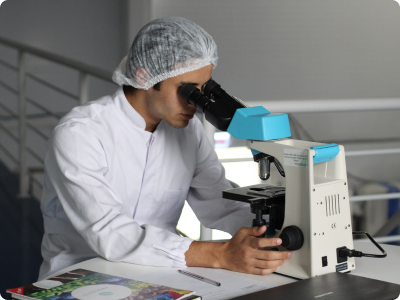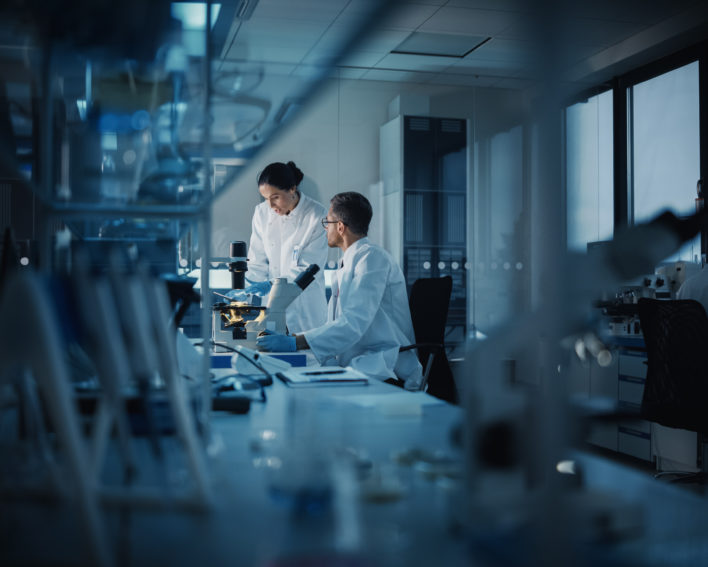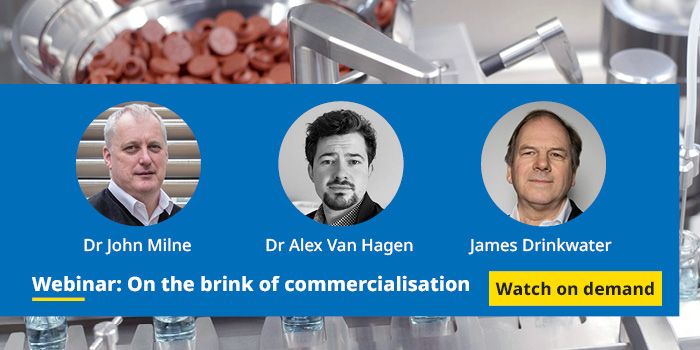
This webinar on-demand is brought to you by Watson Marlow Fluid Technology Solutions with insights from NIBRT’s Training Director John Milne.
With a focus on manufacturing and late-stage fill/finish solutions, hear from industry leaders at the National Institute for Bioprocessing Research and Training (NIBRT), Franz Ziel GmbH and Watson-Marlow as they explore the challenges facing developers as more cell and gene therapies (CGT) progress towards commercialisation.
Watch On DemandKey points to discuss
- The key attributes of ATMP platforms that deliver efficient manufacturing.
- The importance of developing process design around single-use systems.
- Training to meet the skills challenge
- Case studies using modular ATMP platforms.
Speakers
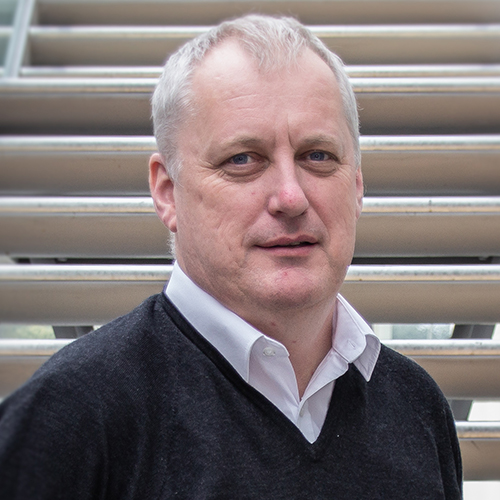
John Milne
Training Director, National Institute for Bioprocessing Research & Training (NIBRT)
Dr John Milne joined NIBRT in 2013 in the role of Training Director and his responsibilities include working with the training team who are responsible for delivering NIBRT training and education programs to both industrial and education clients.
Before he joined NIBRT, John was a consultant, working with several clients in the biologics area to develop purification processes and ancillary quality documentation. John graduated from University College Dublin with a PhD in Biochemistry, specializing in molecular enzymology. Following additional academic research, he moved to industry.
He has over 25 years of experience in the purification processes for proteins and peptide products. Within the biopharmaceutical industry, he has worked with Archport Ltd. and BioUetikon Ltd., both contract manufacturing organizations. In his role as Technical Manager for BioUetikon, he was responsible for technical operations.
Throughout his career in industry, he has performed in a variety of roles from process development, scale-up, tech transfer and GMP commercial production.
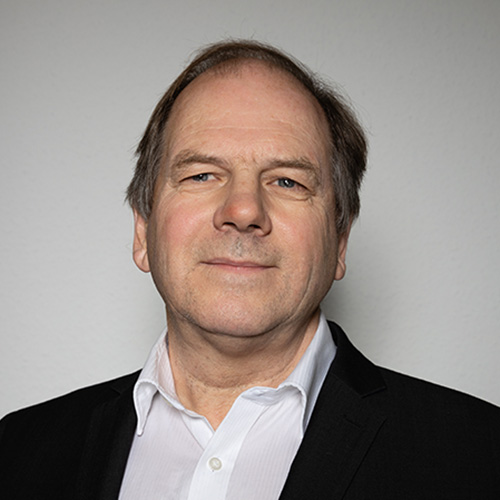
James Drinkwater
Head of GMP Compliance and Aseptic process integration Franz Ziel GmbH
James Drinkwater is based in the UK with a global support role at Franz Ziel GmbH, the largest isolator, restricted access barrier system (RABS) and cleanroom technology manufacturer in Germany. James is the Ex-Chairman (10 years) and current Head of the not-for-profit organization Pharmaceutical & Healthcare Sciences Society (PHSS) Aseptic Processing Special Interest Group and Co-Lead of the EU GMP Annex 1 Implementation and Contamination Control Strategy (CCS) Focus Groups. James has over 10 years of experience in radiopharmaceutical manufacturing (Amersham-GE Healthcare) and over 30 years working in sterile medicinal product manufacturing technologies, where, increasingly, aseptic processing applies to advanced therapy medicinal products (ATMPs), particularly cell and gene therapies. James is a qualified pharmaceutical process engineer with additional education in pharmaceutical microbiology and he is a subject matter expert in barrier technology (isolators and RABS) and bio-decontamination with hydrogen peroxide vapor (H202-VHP). James is also a member of the International Society for Pharmaceutical Engineering (ISPE) and Pharmaceutical Quality Group (PQG) UK.
James is also a qualified trainer running training courses on aseptic processing and related SME subjects for regulatory authorities (including MHRA, FDA), educational platforms (including PHSS and QP training at UCL), and training organizations (including Symmetric and Franz Ziel customers). James is an international conference speaker and author of articles on aseptic processing and contamination control.
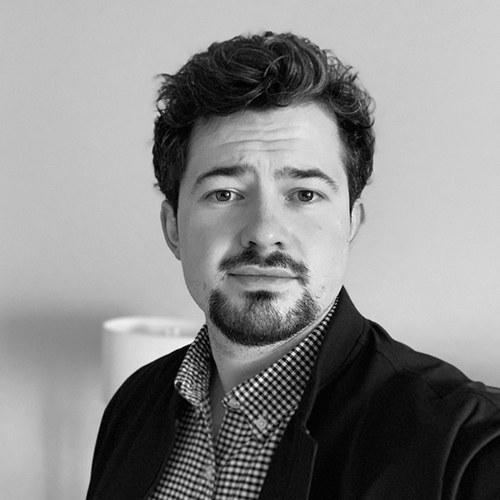
Dr Alexander Van Hagen
Life Sciences Sector Specialist, Watson-Marlow Fluid Technology Solutions (WMFTS)
Dr Alex Van Hagen is a molecular biologist by training and the current North UK Life Sciences Sector Specialist for Watson-Marlow Fluid Technology Solutions. In this position, Alex provides experience-based consultation to the life sciences sector, taking each project from cradle to gate.
Previously, Alex worked in academic research, centered on producing sustainable microbial cell factories for the production of fossil-fuel-based chemicals using renewable carbon sources, and has presented his work internationally.
In addition, Alex has been a guest lecturer for bioscience continued professional development courses within the UK and sits on an industry expert liaison panel at the University of Lincoln, UK.

